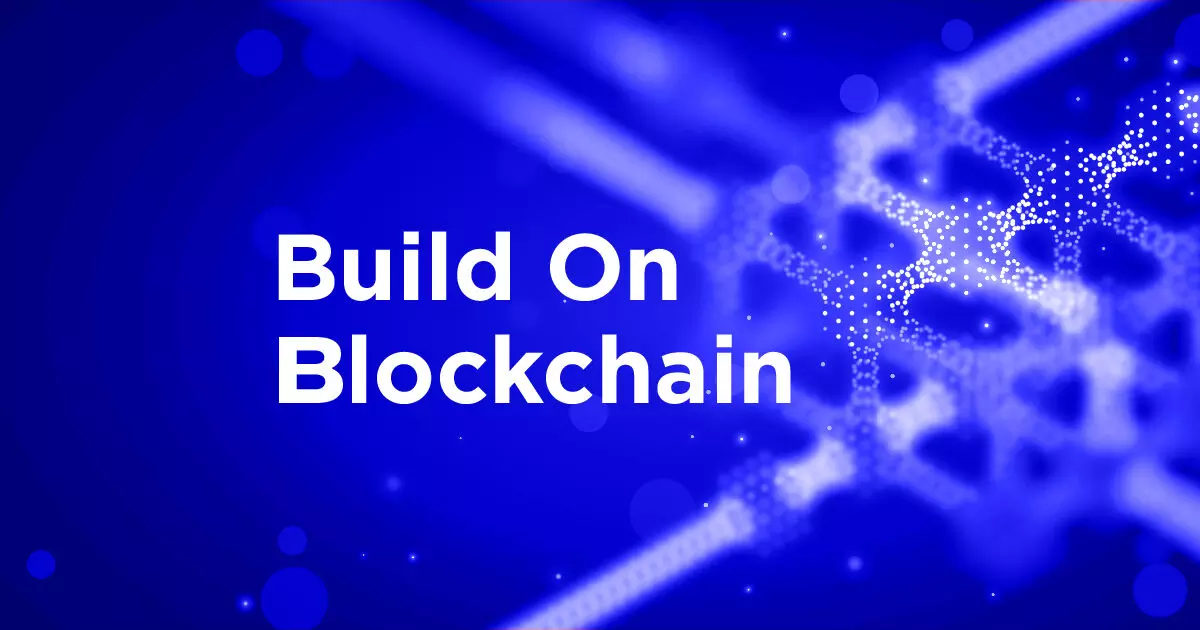
- Home
- Technology
- Blockchain Could Be The Peacemaker India...
Blockchain Could Be The Peacemaker India Needs For Endless Land Disputes
From property fights dragging on for decades to fake degrees slipping past headhunters, the real problem is the way we keep our records. Blockchain promises to store records in a way that can’t be faked or modified. That will not only mean fewer legal disputes and fraud cases, but also give us a system where we trust each other a little more.

The Gist
Blockchain technology offers a promising solution to the challenges of property disputes and credential verification in India.
- Current systems allow for easy manipulation of documents, leading to prolonged legal battles.
- By using blockchain, ownership and academic credentials can be permanently recorded and verified.
- Successful implementations in other countries highlight blockchain's effectiveness in restoring trust in record-keeping.
Walk into any Indian courtroom hearing civil cases, and you’re likely to hear a familiar story: a land case that’s been dragging on for years.
Two or more parties fighting over a plot, missing or incomplete paperwork, or sketchy ownership records that don't establish ownership conclusively.
Such property disputes not only waste decades of people’s lives, but also jam up the courts. All because of a single problem: nobody fully trusts the record-keeping system.
Fake academic and professional credentials are another big problem recruiters face. Even if a headhunter spots some anomalies in a candidate's resume, there's no easy way to verify them without wasting weeks or even months.
It’s frustrating, and the problem comes down to the same issue: records are too easy to fake in our country, and therefore, you cannot blindly trust them.
To restore that trust, the system has to be built in a way that nobody can create fake documents and pass them off as genuine. One system that could bring back this trust and integrity of the documentation process is blockchain.
Resolving Land Disputes
The most talked-about feature of blockchain is its immutability.
In a recent interaction with The Core, former T-Hub CEO Srinivas Rao, who’s built and sold companies such as NetSol, a network and systems integration company that was acquired by IBM, explains blockchain’s strength in plain terms: once information goes in, no one can quietly change it later.
The conviction that it can’t be modified no matter what makes people believe in it, and it can change the way we transact with each other.
To prove how blockchain works, let's first go back to land records. If ownership was logged into a system that couldn’t be changed by anyone — be it a clerk or someone with influence — courtroom disputes wouldn’t take long to resolve. In fact, more cases would be settled without any legal intervention.
The record would stand as it was first entered, open for anyone to see, not hidden in dusty files. Better still, nobody can claim it got “lost” along the way.
Sniffing Fake Degrees
The same logic works for academic credentials as well.
To eliminate credentials fraud and ensure instant verification, one way forward is a record system on blockchain, which cannot be altered, says Rao.
Once universities and employers issue certificates using blockchain technology, they become permanent and uneditable. That means no one could fake them, and they could be easily verified by people with access.
For students, it means their academic records are instantly recognised everywhere. For employers, it means hiring without any doubts about the claims made by the applicant.
Who Is Doing It Already
Several countries are already using blockchain to deal with the record‑keeping challenges.
In Georgia, both universities and the national land registry use blockchain to issue academic credentials and secure property records.
Similarly, Sweden has piloted blockchain for property registrations, while Australia’s universities allow students to hold their diplomas on blockchain, which is accessible anytime for verification.
Even in India, a district in Chhattisgarh has stored over 700,000 land records on blockchain to prevent any manipulation.
Final Words
Land disputes and fake qualifications aren’t futuristic problems. They’re everyday frustrations millions of people already deal with.
Blockchain doesn’t promise to replace courts or universities. It just gives them a record-keeping system that people can finally rely on, and fix problems we've lived with for years.
Of course, this won’t fall into place overnight. The country needs clear rules and institutions willing to change. The idea is simple enough: if you can trust the record, it's easier to have faith in the system.
From property fights dragging on for decades to fake degrees slipping past headhunters, the real problem is the way we keep our records. Blockchain promises to store records in a way that can’t be faked or modified. That will not only mean fewer legal disputes and fraud cases, but also give us a system where we trust each other a little more.
Rohini Chatterji is Deputy Editor at The Core. She has previously worked at several newsrooms including Boomlive.in, Huffpost India and News18.com. She leads a team of young reporters at The Core who strive to write bring impactful insights and ground reports on business news to the readers. She specialises in breaking news and is passionate about writing on mental health, gender, and the environment.

